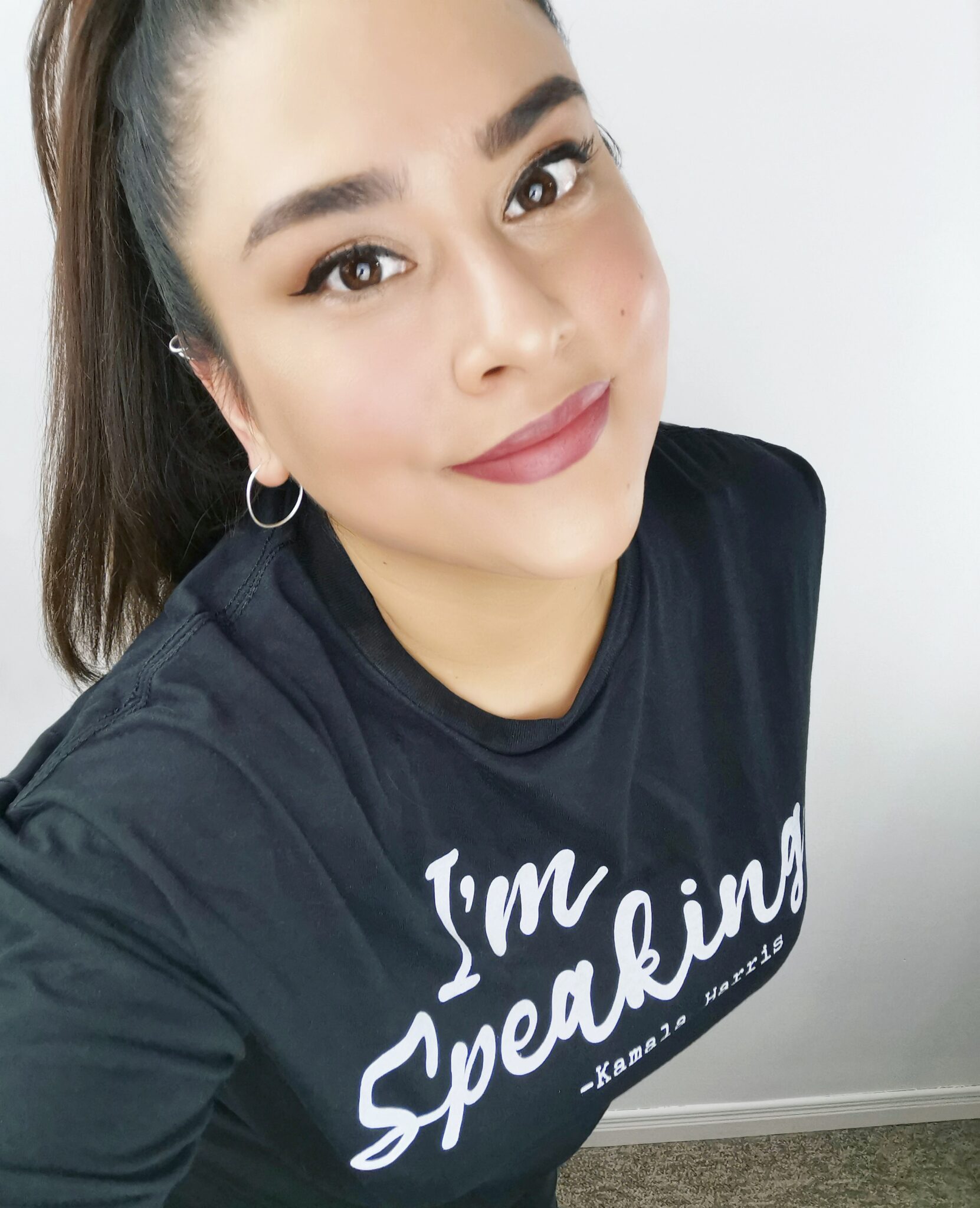6 Things You Need to Know Before Talking with Your Child’s Teachers

Things You Need to Know Before Talking with Your Child’s Teachers
Having a child in school means that you have many commitments and a lot of responsibilities in your hands. If you are a parent you know that meeting up with their teacher is not just important but also a responsible thing to do.
There can be several reasons you would need to meet up with your child’s teacher. For example, you may want to develop a rapport for the progress of your child’s learning at the start of a school year. Other times, it could be to discuss more important issues regarding your child.
Sometimes, writing a well-thought-out letter or plan can help before you meet the teacher. PapersOwl helps with essay writing in case you need some extra help. Other than that, you can always take notes and meet up with their teacher to see if there is more you can do and get involved with.
Read on for tips that can help you decide if you need to meet with your child’s teacher and everything you need to know before you do.
1. Have a Plan
A good plan is always crucial to the success of any task or responsibility. Just as you can’t take a test without preparation and expect to ace it, you can’t do anything without being prepared.
Therefore, to start with, you should find out when the teacher is available. A good time to avoid is when the term is just starting or when report cards are being processed. They are usually busiest at these times.
Also, while booking an appointment, you need to know the purpose of your discussion. This helps you to save time and helps maximize the opportunity wisely. Especially since you know exactly what you are going to discuss at the meeting.
2. Confidence
Teachers are well-trained professionals. Not just teaching students but observing a student’s general psychology, needs, and capabilities.
It takes a lot of trust and confidence to address your child’s needs or concerns. You must trust that your discussion, as well as the information you will give to the teacher, will be kept confidential. In the same way, you must be able to believe that your child’s teacher also understands him/her to a reasonable extent.
Since your child’s teacher spends a good amount of the day with him/her, you should keep an open mind. Your focus should be on the ultimate goal of getting your child the help they need.
I know sometimes you may hear something about your child that you may find hard to accept. But, you need to be open to helping them move past these obstacles.
3. Openness
Every child has negative and positive attributes. In fact, we all do. Making their teacher aware of what they are struggling with or where they lack strength is a good idea.
As parents, we love to talk about the strengths, skills, and talents of our kids, but we should speak to their faults too. That way, they can move forward to improve those drawbacks and become more successful.
Our children are influenced by many things. That often begins within the home. It may be embarrassing but, you should share if your child has any family influences that could be hindering them from concentrating in school. These influences can be an event of a divorce, the sickness of a sibling, and so on.
Moreover, it’s important to be transparent about any specific issues your child may be facing, like sensory sensitivities that could affect their focus and participation in classroom activities or dyslexia, which can create difficulties for the kid in the classroom.
Signs of dyslexia in children can be detected both by the parent and the teacher and the early intervention creates an opportunity to address challenges proactively, making the learning journey easier for the child.
Therefore, fostering open communication with teachers ensures a collaborative effort to support the child’s overall development and academic success.
4. Details
Pay attention to the details that involve your child’s school, work, and peers involved in their class. Remember the names of their friends and any information they share about school.
It would help if you always were interested to know what your child says about their class, friends, and even the teacher.
Pieces of information at many times reveal how your child is doing. Listening to them shows that you are interested in their success and if you’re like me, you’re truly and genuinely interested in their lives.
5. Think it Through
Just know that if your child is struggling, it may take some work. There is no quick fix when it comes to parenting and education.
A good way to prepare is by writing down a plan or your thoughts and bringing it with you. Having a long-term mindset will help you write down the right notes for the meeting and keep you on track.
You May Also Like:
- How Does Homework Help Students in the Future?
- The Importance of Planning for College: Tips for High School Students
- Practical Kitchen Design Choices For Enthusiastic Home Cooks
6. Respect
Mutual respect and partnership is the best way to approach a discussion with your child’s teacher. Teachers are so important and they help our kids in so many different ways.
They spend a lot of time with our kids and teach them the basics to prepare them for their next step in education. It’s always good to have a good relationship with their teacher.
That way, you can work together towards the success of your child.
Do you have any tips on how to discuss your child with their teacher?
Let me know, til then–cheers m’deres!

Nancy Polanco is a freelance journalist, lifestyle content creator, and editor of Whispered Inspirations. She is a proud Mom to Gabby and Michaela and partner and best friend to Darasak. Having worked as part of a health care team for almost a decade, Nancy is happy to be back to her passion. She is a contributor to the Huffington Post, TODAY’s Parents, and an Oprah Magazine Brand Ambassador.






Nice post!